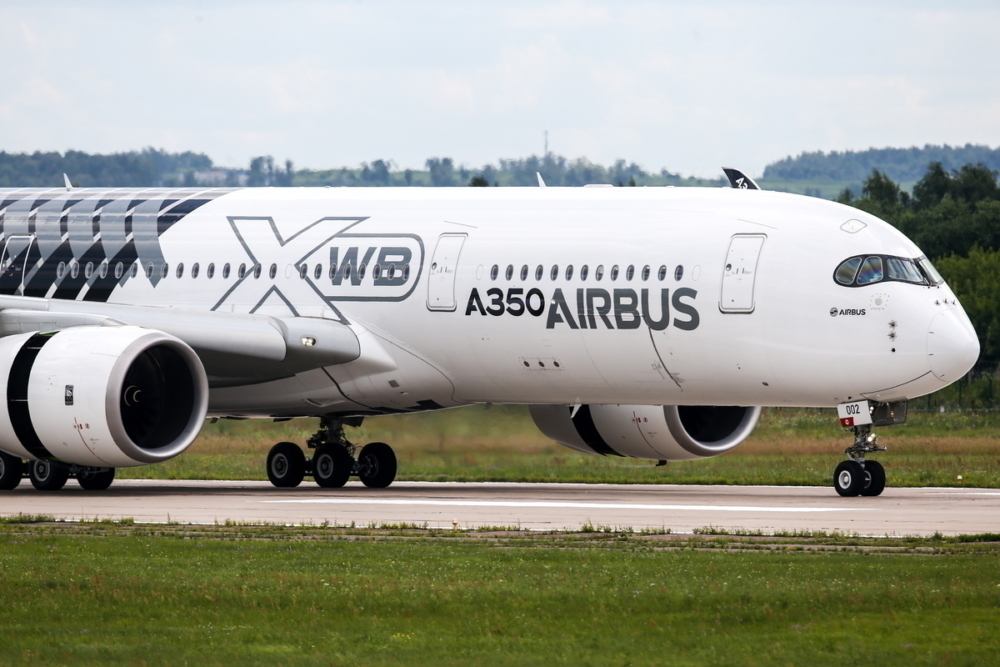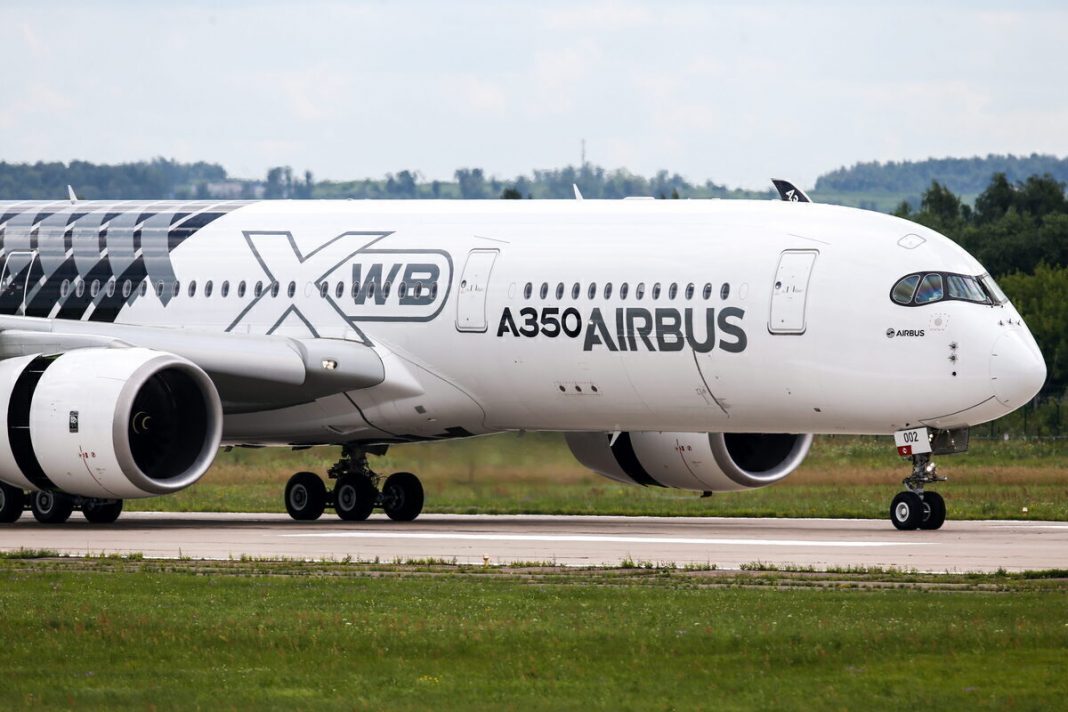Airbus has been somewhat left behind in the current freighter market. It is very much dominated by Boeing, with the 747 and the 777. But there is an opportunity with the new A350 to develop a high capacity and efficient, modern freighter. Will Airbus do this, or will it lose out again to Boeing with the 777X?

Demand for freight
Airlines have had a tough time in 2020. One of the effects of the slowdown in aviation has been for airlines to convert passenger aircraft to carry cargo. Some have removed seating; others have filled the existing passenger cabin. We even saw Asiana Airlines create a makeshift A350 freighter in October 2020 by removing seating and strengthening the floor. Despite the slowdown in passenger traffic, freight keeps moving.

Even before the slowdown in 2020, demand for freighter aircraft was expected to grow. In reporting in the cargo industry publication Cargo Forwarder in mid-2019, Boeing claimed that an additional 1,040 wide-body freighters will be needed in the coming 20 years.
An interesting article in Forbes considers the increased demand just from China. This discusses how around 60% of all mainland China’s cargo was carried in the holds of passenger planes in 2019, clearly leaving space for new aircraft.
Airbus freighters
Currently, Airbus does not offer anything larger than the A330. It has its Beluga and new BelugaXL aircraft, but these are specialized freighters for aircraft components, not for general freighter use.
It planned to launch a freighter version of the A380 and had orders for this from four airlines. But it was dropped following delays in development (Airbus prioritized the passenger version, and airlines lost interest). It also presented design issues, with problems loading the upper deck with cargo, and overall limits on the weight, making it inefficient to operate.

An A350F?
Now could be a good time for Airbus to revisit freighter plans and develop a freighter version of the A350-1000. This would offer a much higher payload than the A330, and compete better against Boeing’s current freighter models. It would also offer the significant efficiency improvements of the A350. As Cargo Forwarder reports, there has already been interest in an A350F from Cathay Pacific to replace its aging 747 freighters.

An A350 freighter version was first discussed in 2007. FlightGlobal reported at the time how Airbus would base this on the A350-900 and offer a freight capacity similar to the MD-11 freighter. Alain Pardoe, product marketing director for the A330/A340/A350, explained how it would likely not be launched until after work on the passenger version was finished. He said,
“Work on the freighter will depend on market demand. We want to get the -1000 done first.”
According to reporting by Cargo Facts, Airbus could be revisiting these plans in 2020. It reports that Airbus has approached operators to discuss a potential A350 freighter, likely based on the larger A350-1000. This has not been confirmed by Airbus, though.
Boeing could get ahead with the 777X
It is no surprise, though, that Boeing is also looking at a new freighter. It has launched the 777X, likewise with significant efficiency improvements over previous models. And with its current dominance in the freighter market, a 777X freighter could do well.
There has been discussion about a 777X freighter, but there are no confirmed plans as yet. In a communication in 2015, Boeing discussed the possibility of a freighter version would be based on the 777-8 airframe. This would follow 18 to 24 months after the 777-8 passenger model enters service (currently not expected until at least 2023). And at the Paris Air Show in 2019, Qatar Airways expressed interest in becoming the launch customer for such an aircraft.

Neither company has confirmed development yet. Perhaps both will, but there is surely an advantage for the first to move forward with a high capacity, efficient, freighter model.
Would you like to share any thoughts on the future freighter market? Would it make sense for Airbus or Boeing to develop a new one? Let us know your thoughts in the comments below.
[ad_2]
Source link


